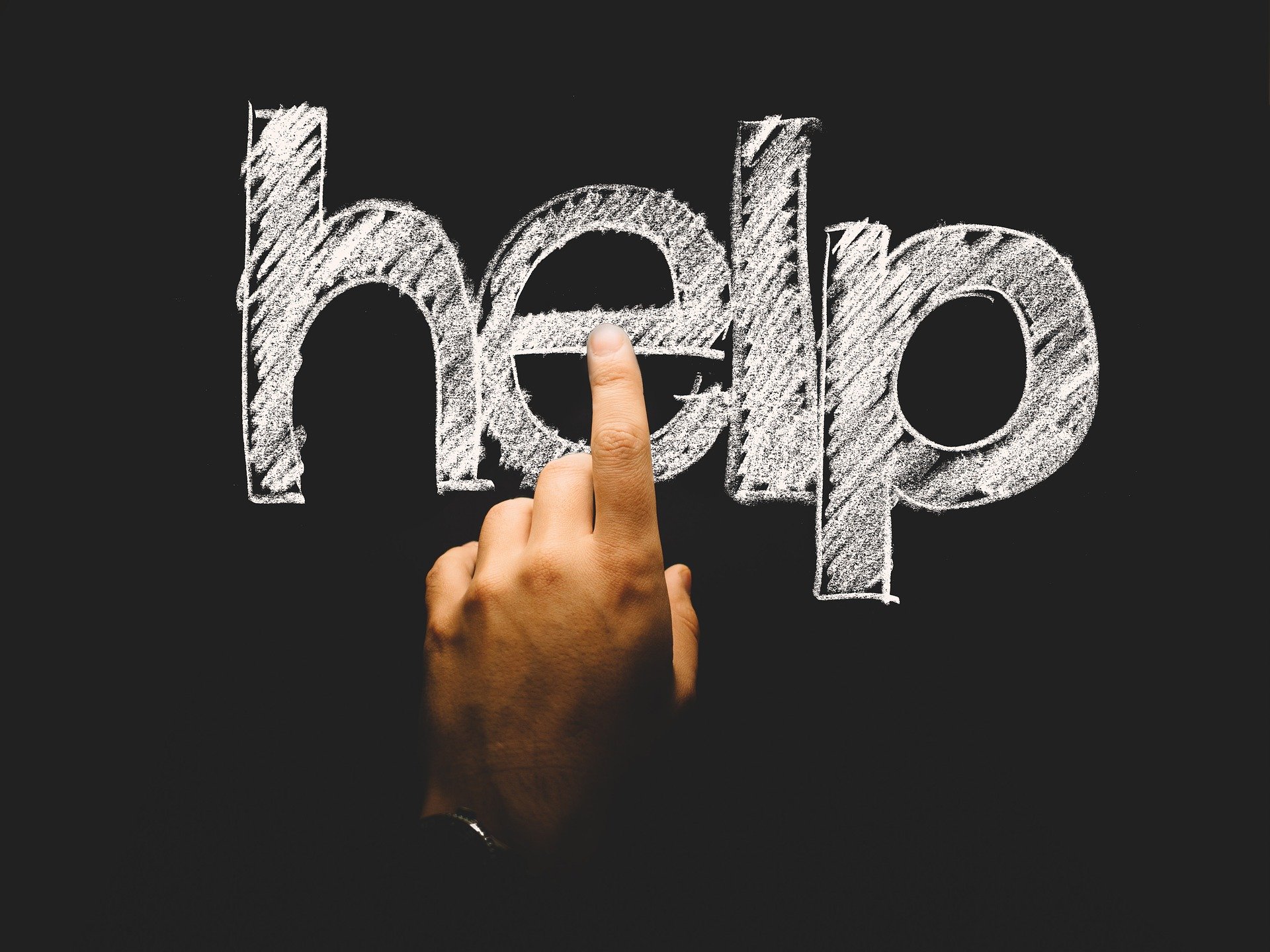Even though we can’t meet in person right now, we in the Counseling Center are still here offering support to all students, including telemental-health and referrals. Because of licensing restrictions, some offerings may be limited in some states. Like you, we’re working remotely–sitting at our home desks and kitchen tables, adjusting to this new reality. Consider this page our virtual office. Below, you’ll find the following:
- Tips for finding mental health providers in your area.
- Video blogs from your Counseling Center team, with words of encouragement, tips for managing anxiety, and more.
- Resources for dealing with grief and loss during the pandemic.
- Mental health apps, help lines, and crisis intervention resources.
- Mental-health articles, podcasts, and guidance we’re finding helpful during the pandemic.
- Guidance for maintaining nutrition (and eating disorder recovery) during the pandemic.
- Links to academic support offered by Furman’s Academic Affairs Team.







